February 22, 2016
 We’ve all been there – in line at the grocery store, at a child’s sporting event, or even in our professional work with a family – a moment when we see a parent react a little (or a lot) too harshly to their child. Our gut may tell us to do something, but we often don’t know exactly what to say or do in that moment. And just like that, our opportunity to take action for a child has vanished. We’ve become a bystander.
We’ve all been there – in line at the grocery store, at a child’s sporting event, or even in our professional work with a family – a moment when we see a parent react a little (or a lot) too harshly to their child. Our gut may tell us to do something, but we often don’t know exactly what to say or do in that moment. And just like that, our opportunity to take action for a child has vanished. We’ve become a bystander.
Every instance is different, and so is every parent. But we’ve collected some helpful suggestions and resources to be better prepared the next time you feel compelled to take action on behalf of a child:
- Be prepared. There are some simple tactics – like distracting the child or starting a friendly conversation with the parent – that can come in handy when you see a family in conflict. Read the Public Displays of Aggression fact sheet (available in English and Spanish) on SCAN’s Parent Resource Center for a detailed list.
- Be aware of the complexities. Charles Howard’s piece in The Huffington Post on the complexity of witnessing abuse in public, including the psychology behind the child, parent and witnesses involved, is spot on. (He also offers a great, prevention-focused tactic for the next time you’re watching a situation unfold.)
- Be a part of the village. The Wakanheza Project – developed by St. Paul-Ramsey County Public Health in partnership with the community in Minnesota – is a nationally recognized approach to reducing harsh treatment of children and isolation of teens in public places. Wakanheza is the tribal word for “child,” and its direct English translation is “spiritual being.” The project was originally intended to specifically support abuse prevention, but its impact has been far-reaching on community safety, health and wellbeing.
- Be sensitive, not judgmental. This blog post from Robbyn Peters Bennett of The Stop Abuse Campaign shares a personal story – and inspires the careful consideration of both child and parent when an observer feels compelled to intervene. Rather than speak out immediately when she witnessed a mom being aggressive with her son, she offered a very frustrated parent the chance to share her feelings. This reaction to public aggression is complicated and time-consuming (and not always realistic or in everyone’s comfort zone), but Bennett’s commentary on kindness and empathy is inspiring for every adult.
Have you spoken up for a child in a public place before? We’d love to hear about and learn from your experience in the comments below.
